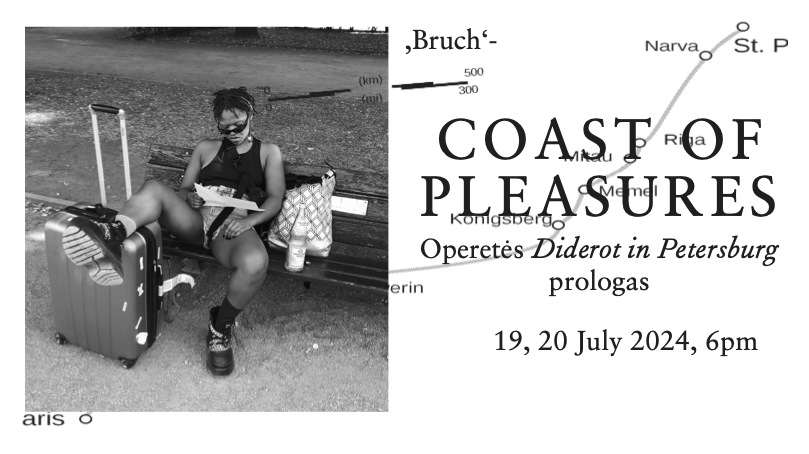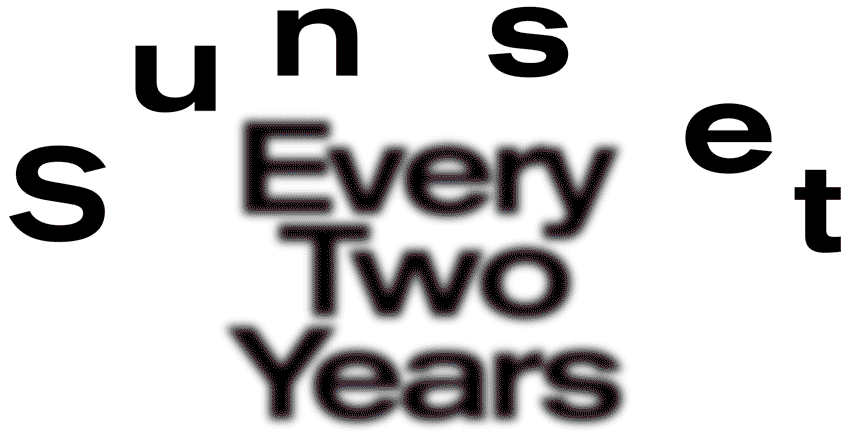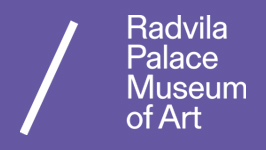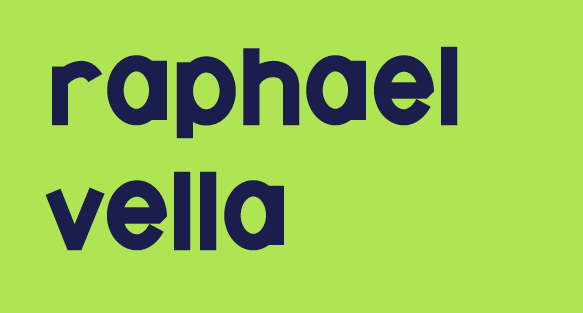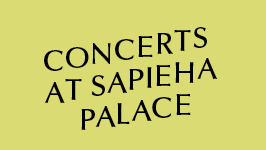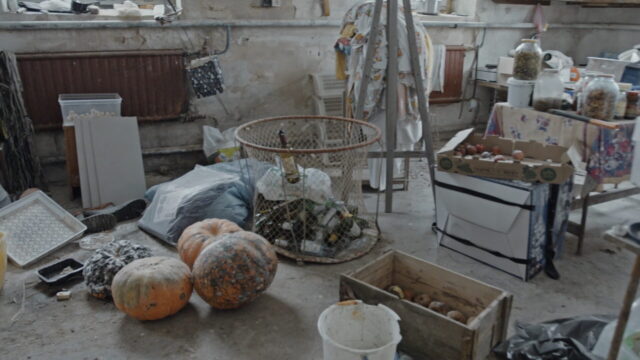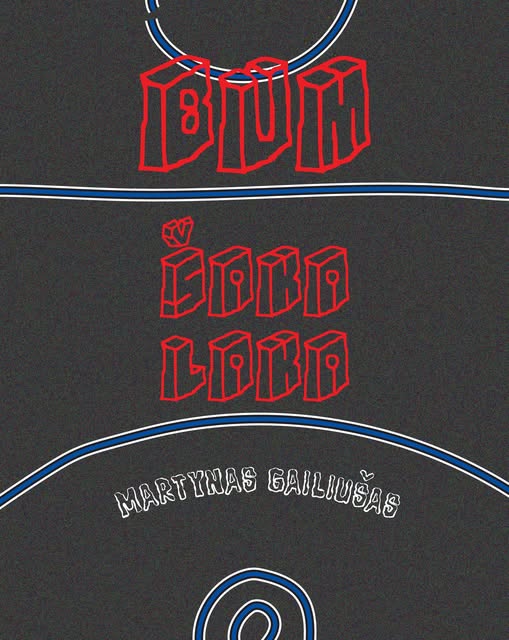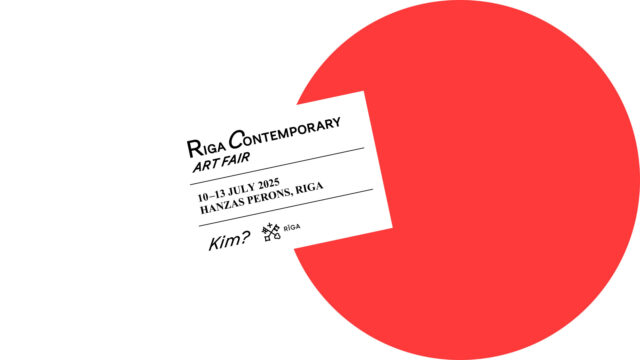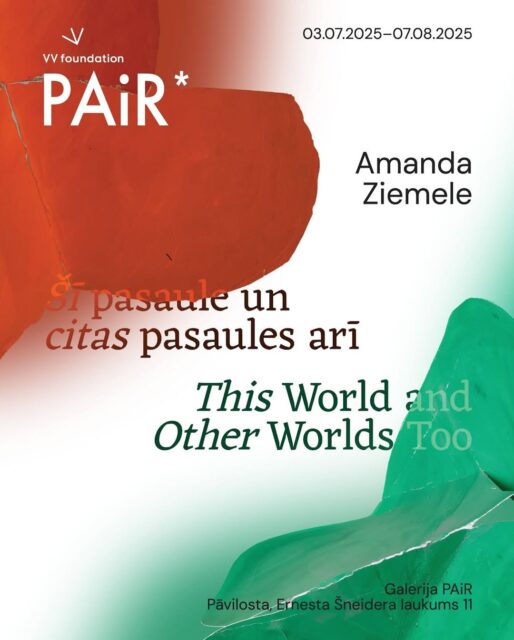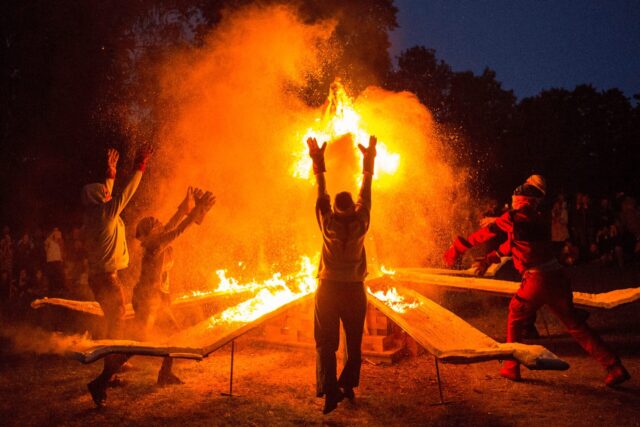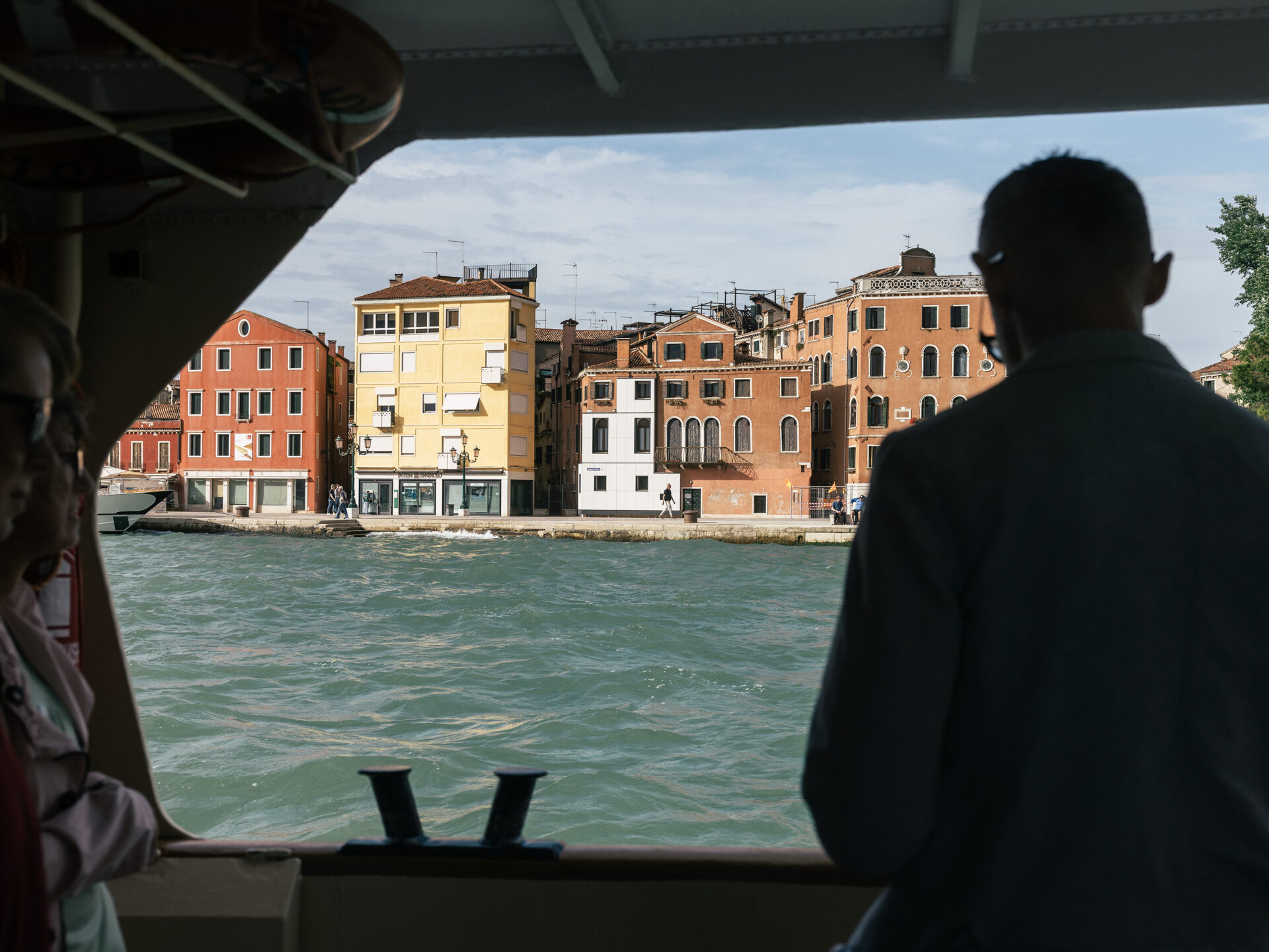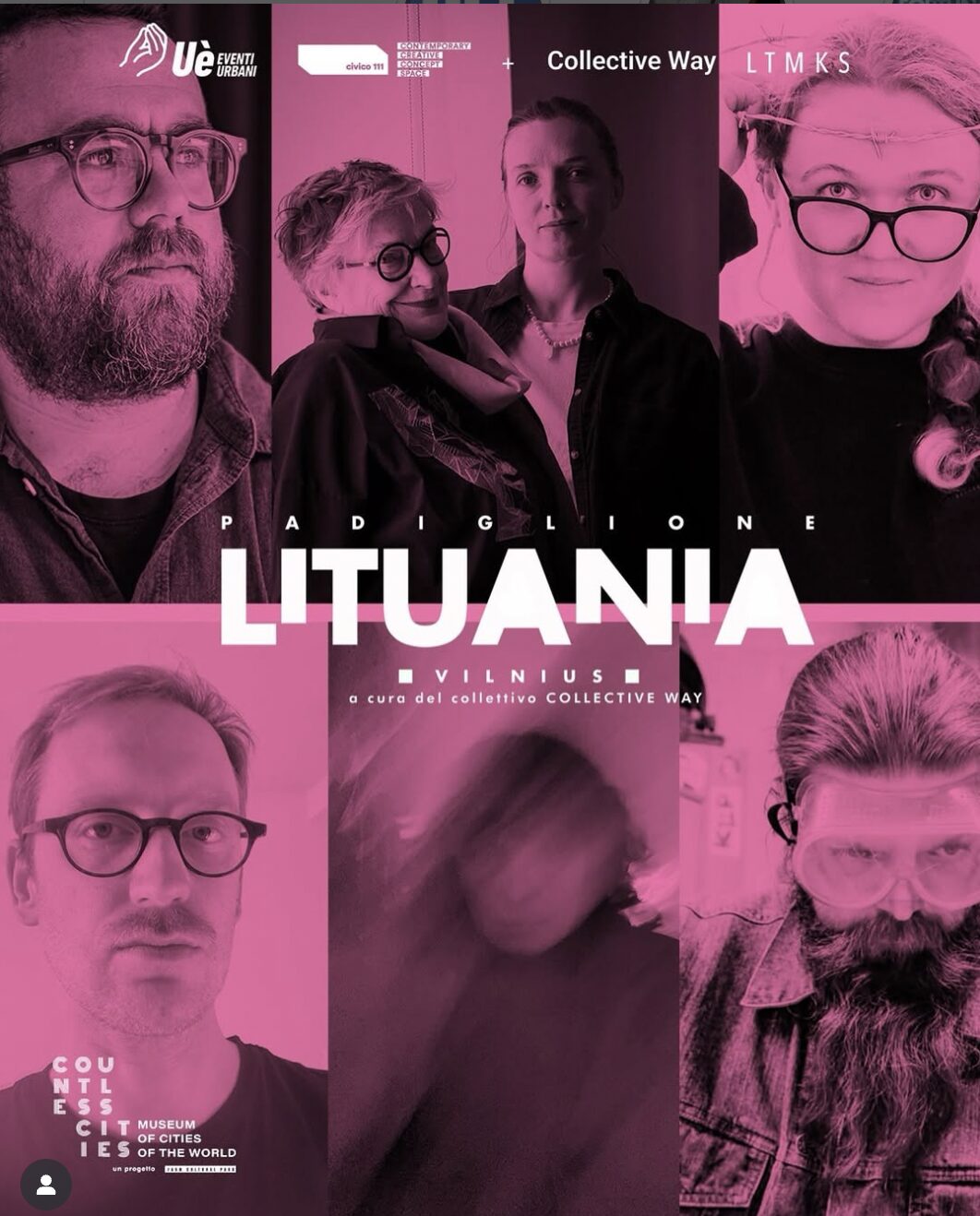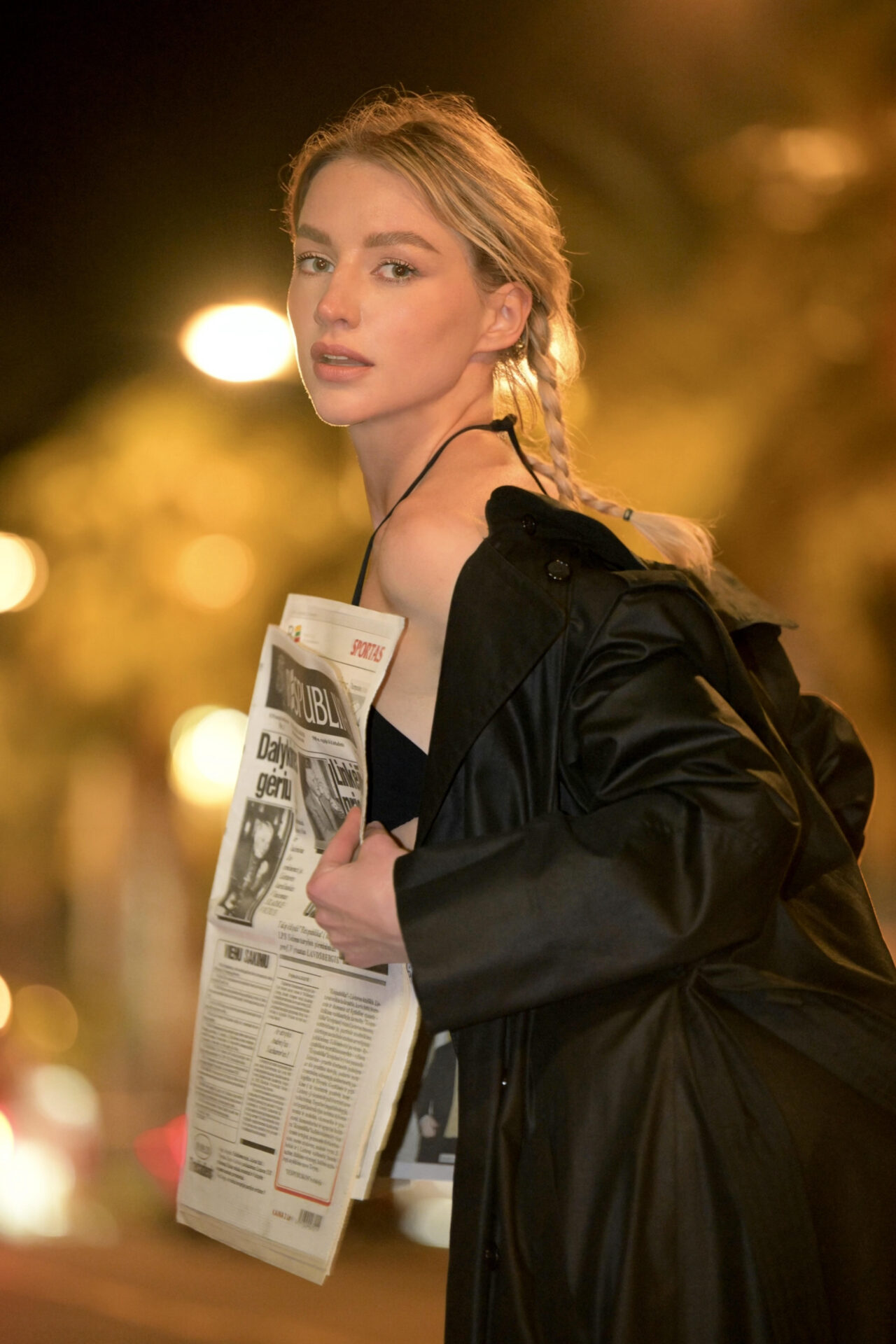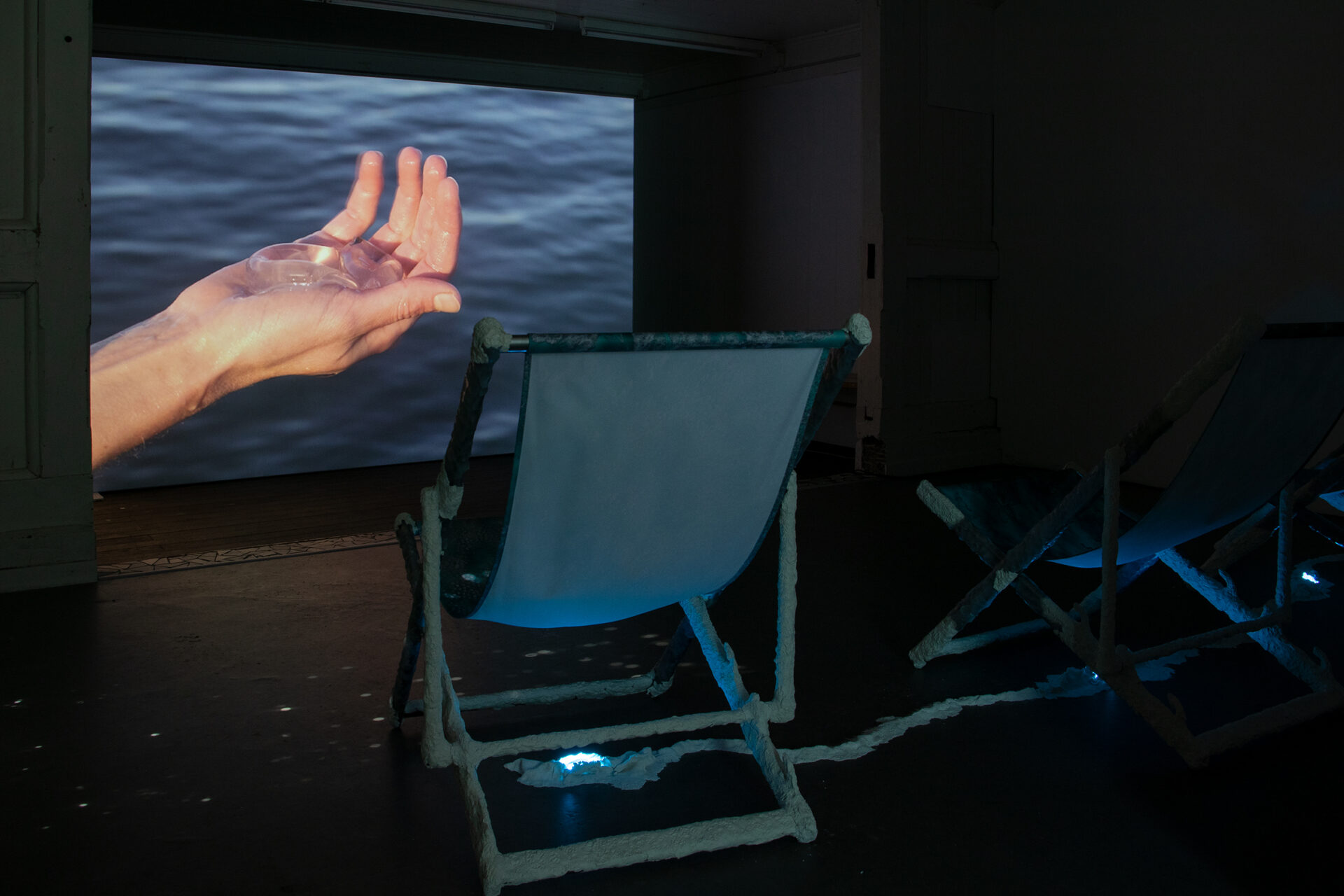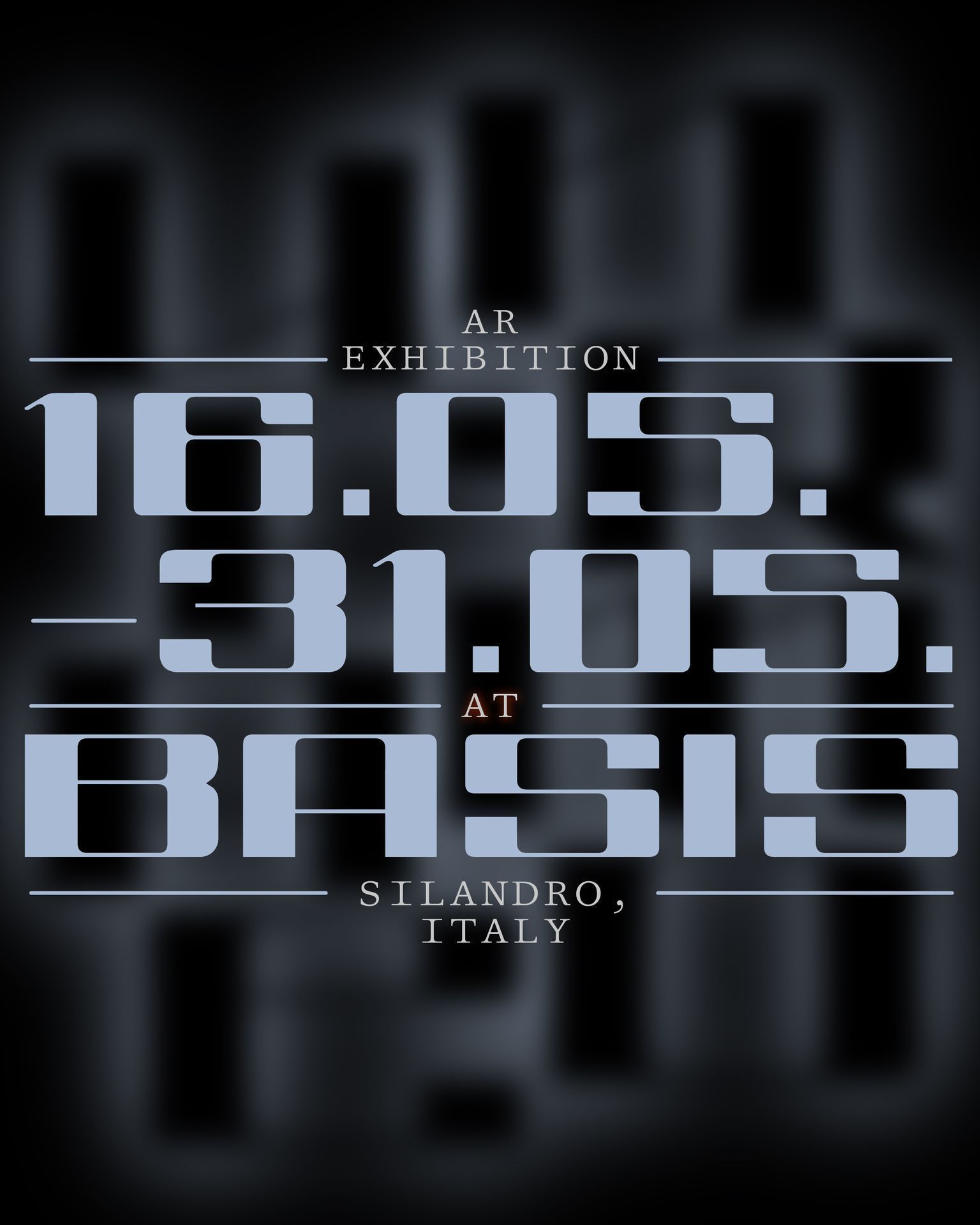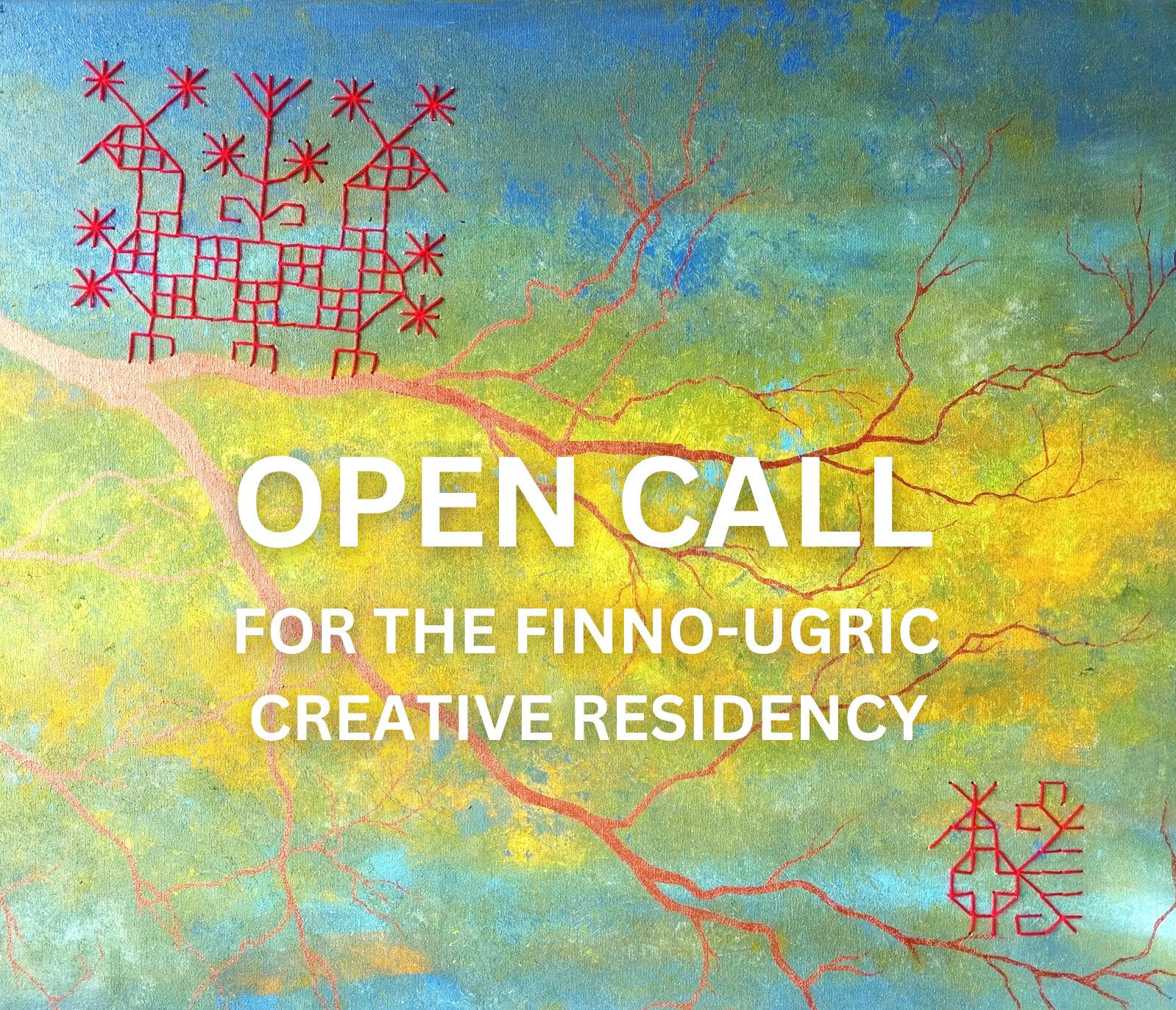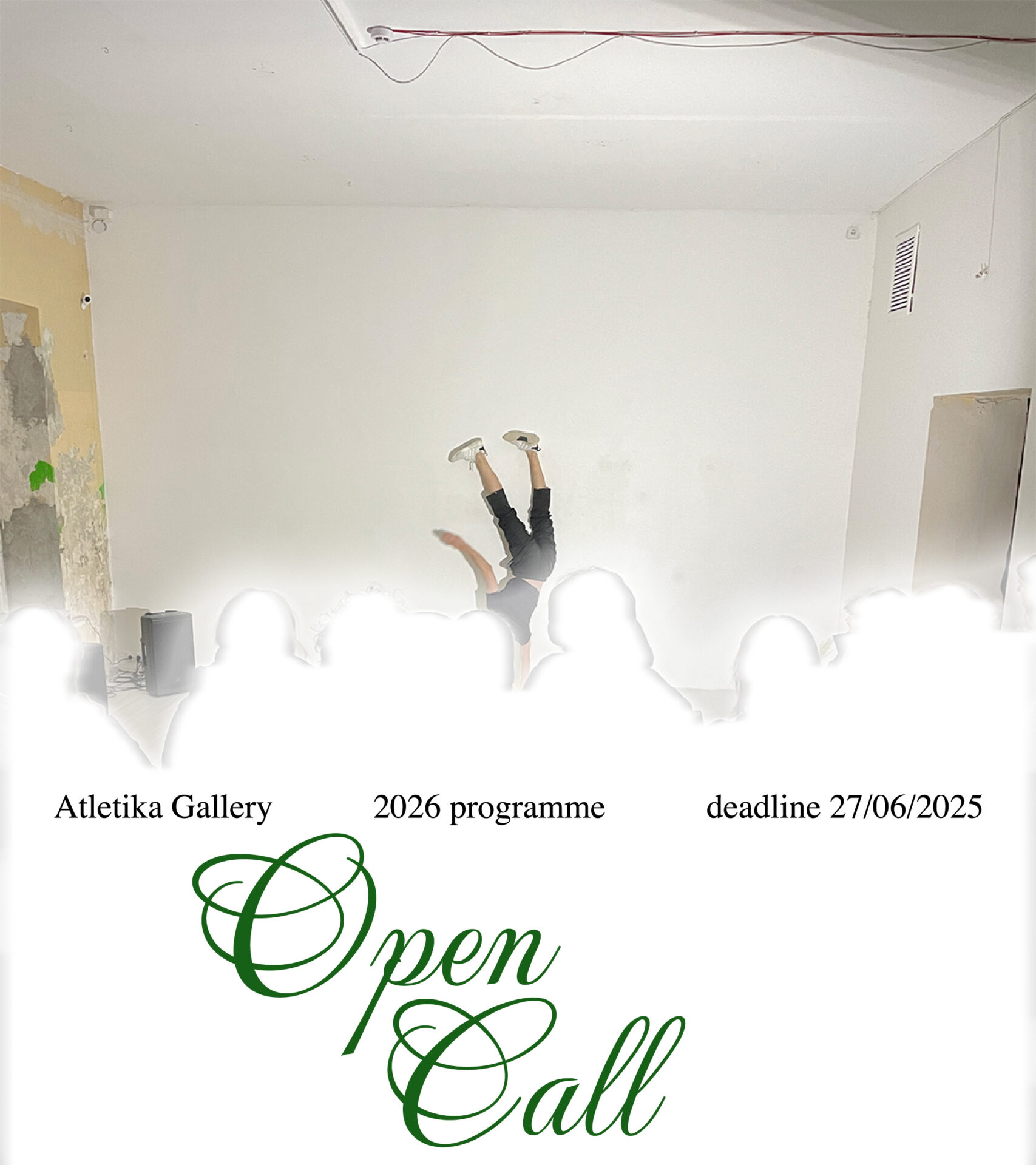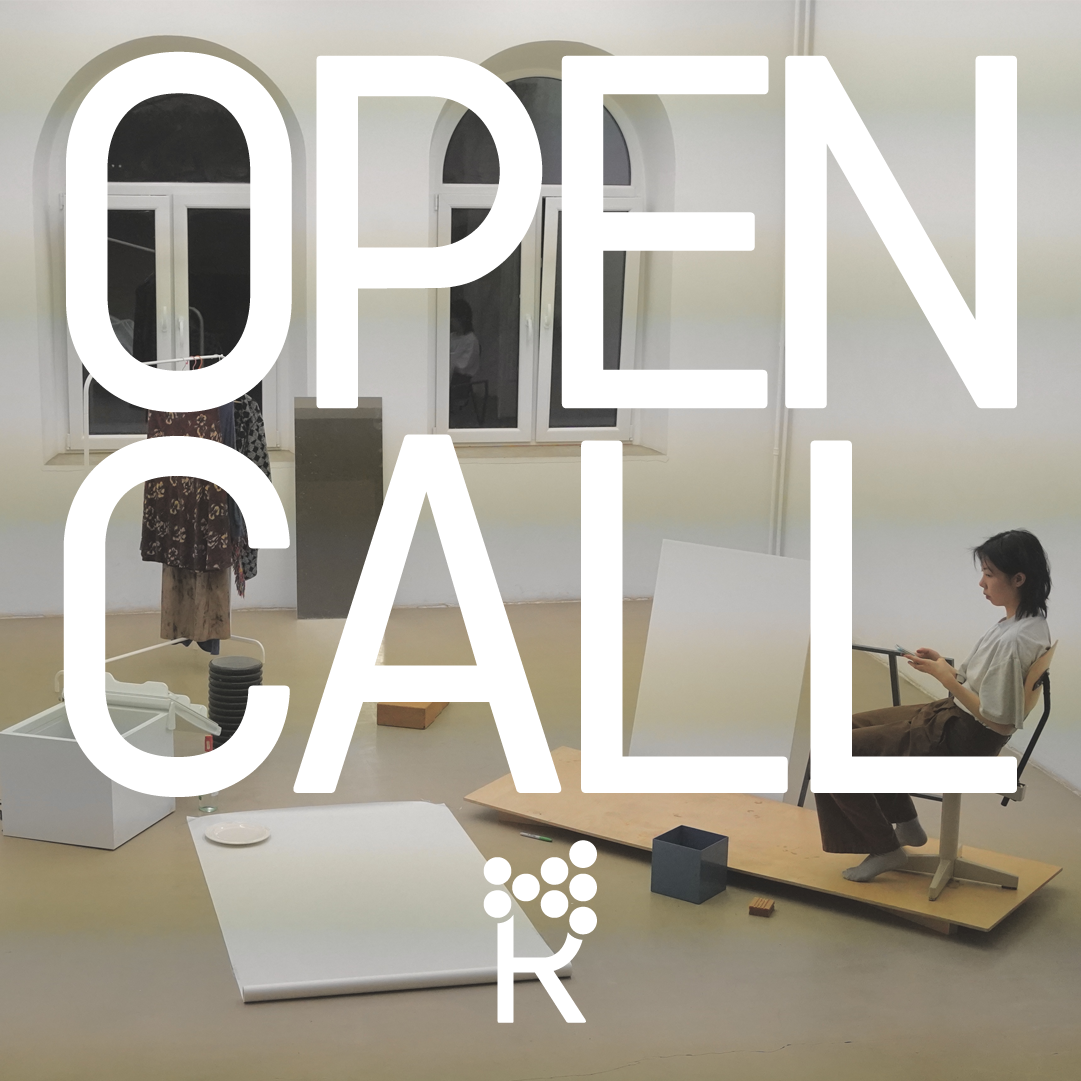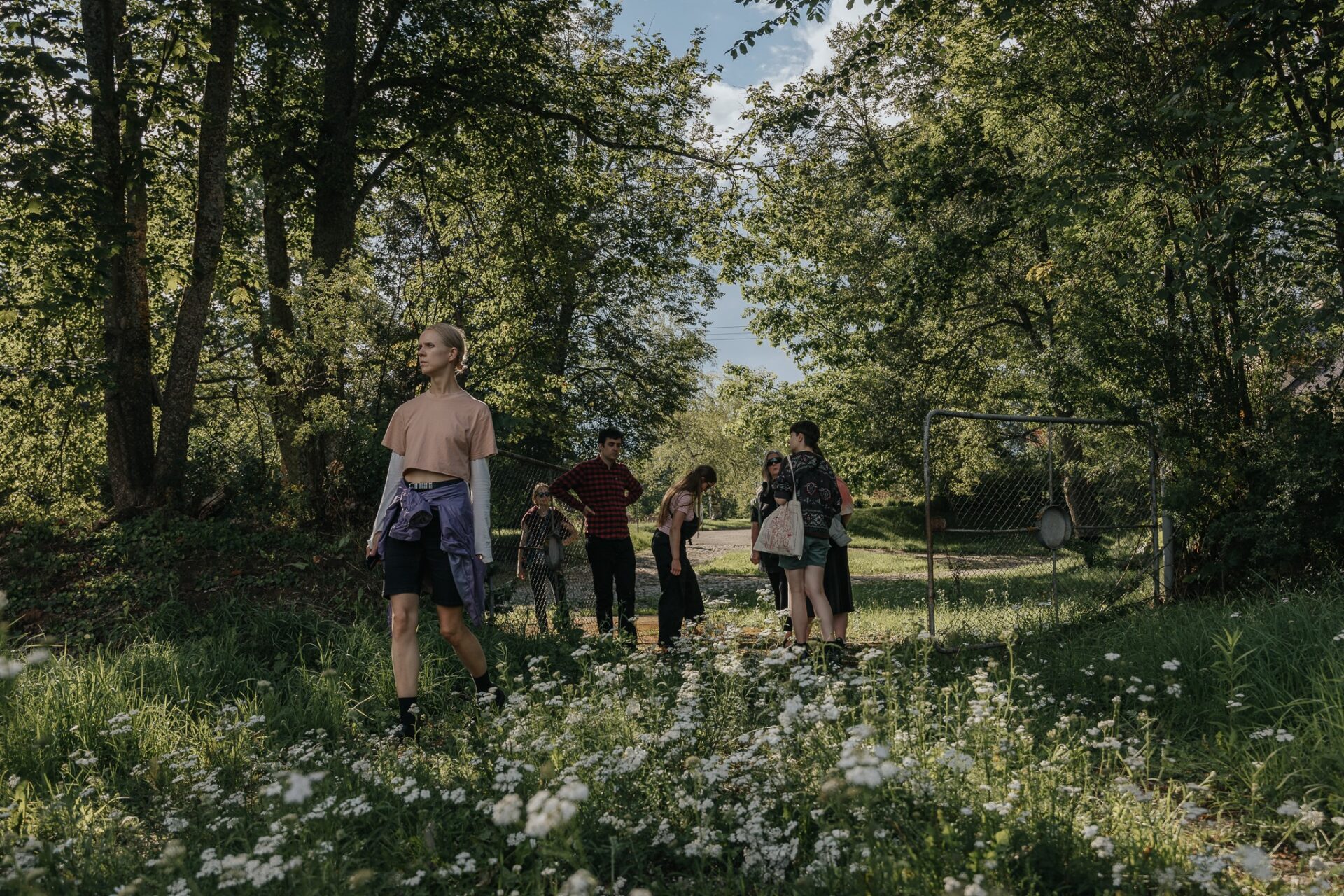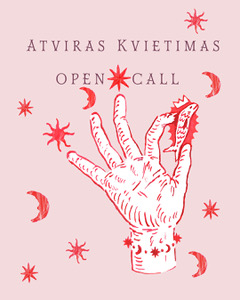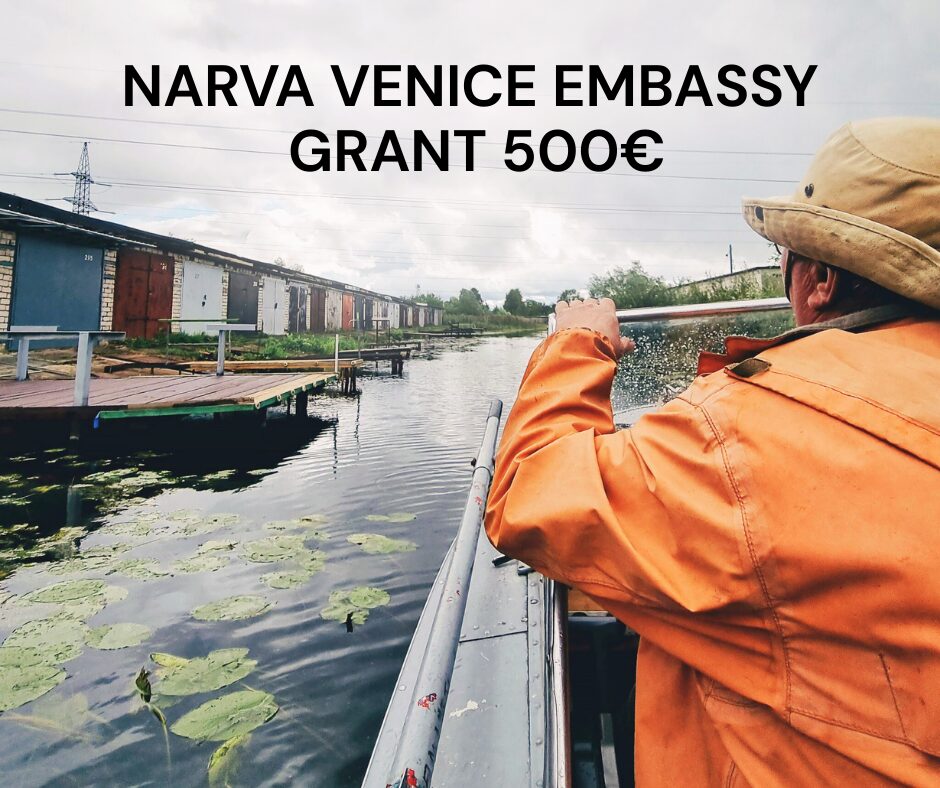For the 28th International Thomas Mann Festival in Nida, ,Bruch‘- adapts a largely forgotten satirical poem by the French Enlightenment philosopher Denis Diderot in which the coastline of the Curonian Spit is transformed into a dreamscape to become a site of unlikely encounters.
In 1773, Diderot travelled from Paris to the court of the Russian empress Catherina II in St. Petersburg in search of practical applications of his encyclopaedic wisdom. Somewhere along the postal route between Königsberg (Kaliningrad) and Memel (Klaipėda), he composed a poem, which dramatically stages the peninsula’s uncanny landscape through the mythical imaginary of Roman poetry, grafting frivolous tableaux of Mediterranean gods onto the Baltic coast. Beyond its purpose as a pastime to escape the boredom and isolation of his travel, writing poetry here also fulfils a therapeutic function: The impending encounter between philosopher and authoritarian ruler is allegorised as a confrontation between traveller and the unruly forces of an animated nature in which the all too real stakes of engaging with an unknown, potentially hostile environment are turned into a playful farce.
Later, the travelling poet’s art of dissolving the concrete delimitations of time and space into more fluid configurations was inverted by Thomas Mann. His encounter with the Curonian Spit wasn’t confined to the realm of poetry but materialised in the construction of a house in Nida as part of an attempt to revitalise the cultural-political project of an eastward expansion of the ‘German Empire’. When his children Erika and Klaus Mann visited their father’s summer home in 1931, it is probable they experienced a state of boredom not unlike the one that had catalysed Diderot’s poetic outpour some 150 years earlier. One would like to imagine that they might have organised cabaret evenings in some beach bar, seeking temporary distraction and to escape their father’s regime.
For two nights in July, Nida Art Colony of Vilnius Academy of Arts invites ,Bruch‘- to open a wandering cabaret in the seaside studio and exhibition space of local painter Evaldas Šemetulskis. As a prologue to their operetta Diderot in Petersburg, which took shape in the context of a research period at NAC in summer 2023 and was staged at Theater Neumarkt in Zurich earlier this year, the ghost of the philosophical traveller is conjured up and brought into contact with the operetta genre’s virtuosity in manipulating surfaces and clichés with de-realising effects. Together with artists and performers New Kyd and Edvinas Grinkevičius, aka Querelle, ,Bruch‘- revisits the poets’ craft of creating ephemeral pleasures and temporary dwellings within politically precarious surroundings.
Coast of Pleasures is funded by the Lithuanian Council for Culture, Neringa Municipality, and Goethe Institut Lithuania.
Address:
Taikos g. 58
Nida LT-93127
,Bruch‘– is a framework for research and production across the fields of theatre, art and academia. In collaboration with artists and performers, they develop spatial compositions, performative translations and gestural repertories out of material borrowed from the margins of cultural history. Specific dramaturgies, genres, atmospheres, playing styles, textures and objects are brought into contact in order to explore ways to communicate between irreducibly different perceptions. Their work has been shown at venues and festivals such as Theater Neumarkt (Zurich), Teatri Kombëtar Eksperimental (Tirana), Münchner Kammerspiele (Munich), Thalia Theater (Hamburg), Ballhaus Ost (Berlin), Cabaret Voltaire (Zurich), NS-Dokumentationszentrum (Munich), Tangente St. Pölten and Brechtfestival Augsburg.
New Kyd lives and works in Zurich. Through a unique fusion of somatic practices, improvisational movement, and deep scholarly inquiry, Kyd has carved out a distinctive creative practice that challenges conventions and invites audiences into transformative experiences. They have a keen eye for researching and composing emotional landscapes while exploring strategies of survival from (and for) bodies of the diaspora.
Their latest work RESTLESS: land of nois.e, premiered at Tanzhaus Zurich in 2024, where they are an associated artist until mid-2026 as part of the Tanzhaus Dramaturgy Pool’s accomplices programme.
Edvinas Grinkevičius is a curator, cultural worker and drag/performance artist, based in Kaunas. The broad spectrum of his practice consists of curatorial and artistic activities, all connected through an active interest in leftist and queer-feminist politics and practices, which aim to provide transformative potential, especially within institutionalised structures.
Grinkevičius has been a curator at the Kaunas Artists’ House since 2017. In 2019, he initiated the programme Unlearning Eastern Europe. In 2021, together with art historian and curator Rebeka Poldsam, he started the Baltic queer art and politics network Black Rose. Black Carnation. In 2016 Grinkevičius was one of the initiators of the counterculture queer movement WE ARE PROPAGANDA, which he continues to co-curate today. That same year marked the beginning of terrorist drag DJ performances under the artist’s alter ego – drag persona Querelle.
